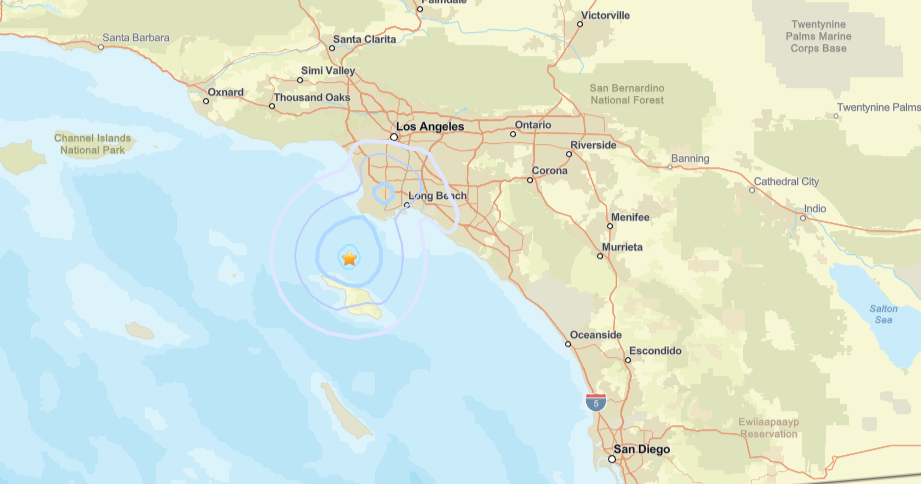NASA is monitoring an asteroid that could collide with Earth on Valentine's Day in 2046
Out of the millions of asteroids in our solar system, there's a very small fraction known to potentially impact Earth. But scientists found a new one just two weeks ago that so far seems to pose one of the greatest risks of them all.
The asteroid, known as 2023 DW, was only first discovered on Feb. 26, according to the European Space Agency. It's now been added to the agency's Risk List, a catalog of space objects that could potentially have some kind of impact on Earth, and because of what scientists have so far seen – it's ranking on the list is currently at No. 1.
But don't worry, that doesn't mean catastrophic damage is imminent.
2023 DW has a Torino Scale ranking of 1, meaning that it's currently predicted to pose "no unusual level of danger," according to the scale. Researchers believe that it has about a 50-meter diameter – about the length of an Olympic-sized swimming pool – but said that the "size uncertainty could be large."
"Current calculations show the chance of collision is extremely unlikely with no cause for public attention or public concern," that ranking categorization states. All of the other 1,448 asteroids on the Risk List have a scale ranking of 0.
The ESA currently estimates that the asteroid has a 1 in 607 chance of impacting Earth.
The soonest the asteroid would potentially impact Earth isn't for more than two decades. According to the European Space Agency, it's predicted that 2023 DW could impact the planet on Valentine's Day 2046. It also has the potential to impact on Valentine's Days thereafter – from 2047 to 2051, according to the Risk List.
NASA's Planetary Defense Coordination Office says that it has been tracking the asteroid and that its risk of impacting Earth in 2046 remains "very small."
"Often when new objects are first discovered, it takes several weeks of data to reduce the uncertainties and adequately predict their orbits years into the future," the office tweeted. "Orbit analysts will continue to monitor asteroid 2023 DW and update predictions as more data comes in."
Astronomer Piero Sicoli said he believes there's about a "1 in 400 chance" that the asteroid will actually have an impact.
"Surely this possibility will soon be ruled out," he tweeted last week. "However, as an exercise, I calculated where the asteroid might fall if this possibility occurred."
A map of his calculations – which could change over time – show that if it were to collide with Earth, it could fall anywhere between the Indian Ocean to just off the U.S. East Coast.



